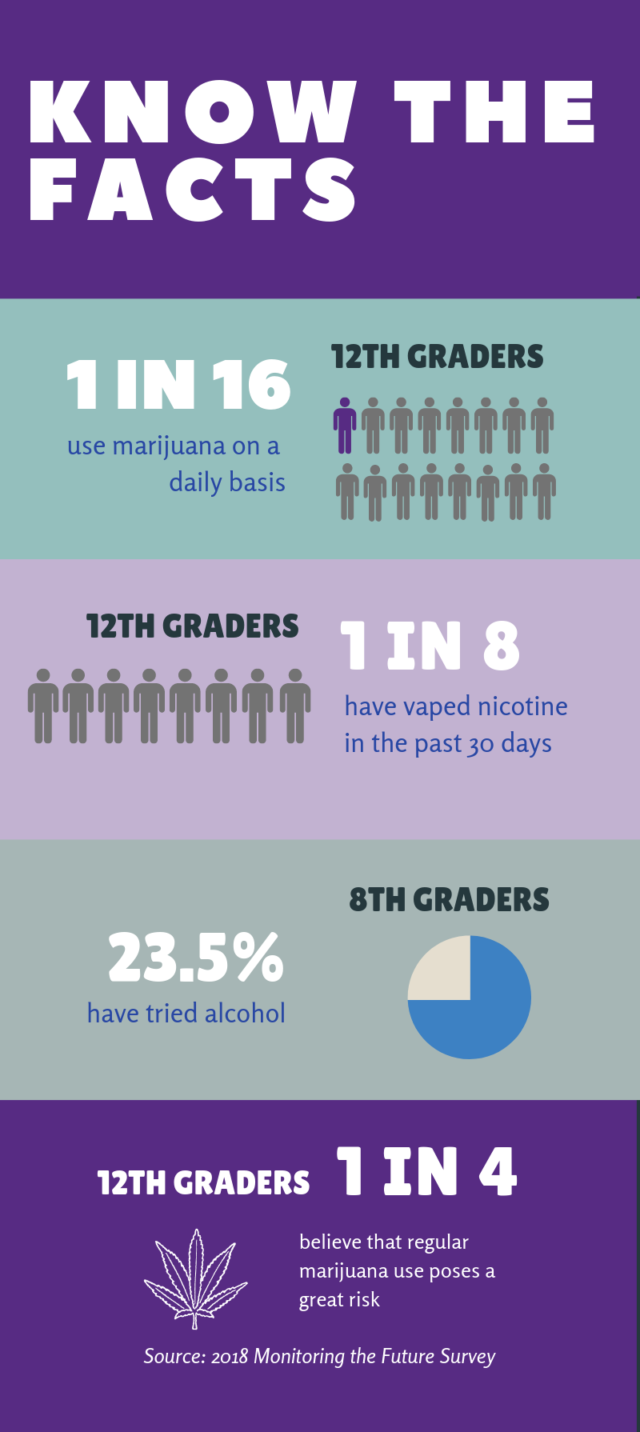Discover Exactly How To Produce A Strong Post-Rehabilitation Care Strategy And Achieve Long Lasting Success
Discover Exactly How To Produce A Strong Post-Rehabilitation Care Strategy And Achieve Long Lasting Success
Blog Article
Article Developed By-Hjort Carlton
You've finished drug rehabilitation, and now it's time to develop an effective aftercare strategy to ensure your long-term recuperation.
Image this: you're a person established to remain clean and build a satisfying life. This short article will assist you through identifying recurring support group, including therapy and therapy, and developing healthy coping mechanisms.
With these methods, you'll be geared up to flourish in your trip of soberness.
Let's get going.
Identifying Ongoing Support Solutions
You should identify at the very least 3 continuous support systems to ensure an effective recuperation after drug rehabilitation.
The very first support system is your family and friends. They can give emotional support, inspiration, and help you stay accountable. They can also give a secure and understanding environment where you can share your struggles and success.
The second support group is your specialist or counselor. They can help you resolve any type of underlying issues that may have added to your dependency and provide guidance on exactly how to stay clear of relapse. They can also instruct you coping mechanisms and healthy ways to take care of anxiety.
The 3rd support group is a support system or a sober area. Being bordered by others that are undergoing similar experiences can be unbelievably advantageous. WhiteSands outpatient drug rehab near me Fort Myers Suboxone Doctor 33971 can provide a feeling of belonging, understanding, and offer beneficial advice and support.
Incorporating Therapy and Counseling
To achieve a successful healing, it is essential for you to actively join treatment and counseling sessions, in addition to integrate them right into your continuous support systems. By doing so, you can optimize the benefits of these therapy techniques and increase your chances of keeping long-lasting sobriety.
Right here are some vital reasons that integrating therapy and therapy right into your aftercare strategy is important:
- ** Emotional Support: ** Treatment and therapy give a risk-free space for you to share your ideas, feelings, and has a hard time pertaining to your dependency. It allows you to work through any type of unsolved concerns and develop healthy coping systems.
- ** Fall back Avoidance: ** These sessions outfit you with the needed tools and techniques to stop relapse. They help you determine triggers, establish dealing abilities, and develop a solid foundation for handling cravings and stress and anxiety.
- ** Personal Development: ** Therapy and therapy help with personal development and self-discovery. They aid you gain understanding into the underlying sources of your addiction, improve self-worth, and develop much healthier connections.
Developing Healthy Coping Devices
Throughout therapy and counseling sessions, it's critical to proactively service establishing healthy and balanced coping mechanisms in order to efficiently take care of stress and obstacles.
You require to identify and recognize your triggers, those things that cause you distress or anxiety. By recognizing https://www.capecodtimes.com/story/news/2022/01/07/cleanslate-settles-lawsuit-and-agrees-pay-4-5-million-masshealth/9085400002/ , you can establish methods to cope with them in a healthy way. This may involve practicing deep breathing exercises, taking part in physical activity, or finding an imaginative outlet to reveal your emotions.
It is essential to also border on your own with a strong support group of loved ones who can give motivation and advice.
Furthermore, self-care tasks such as getting adequate sleep, eating well, and exercising relaxation techniques can considerably contribute to your total well-being.
Conclusion
In the journey in the direction of recuperation, creating a successful aftercare plan is like having a tendency to a fragile yard. Equally as a garden enthusiast supports each plant with treatment and focus, so also must one cultivate ongoing support systems, incorporate treatment and therapy, and establish healthy coping devices.
By doing so, the seeds of recovery will bloom right into a growing yard, offering a solid foundation for a brighter, drug-free future.
